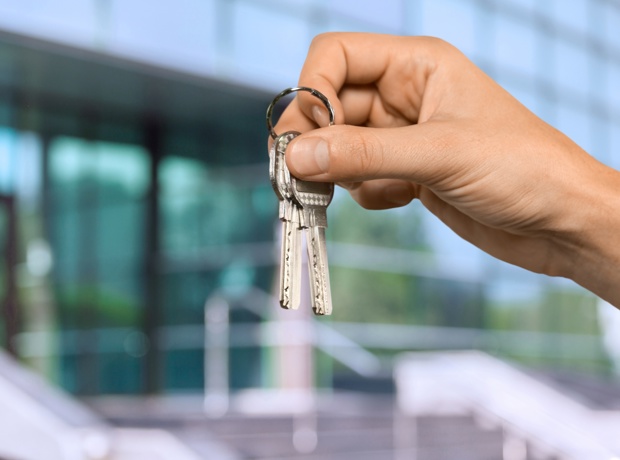We are delighted to have been ranked in the Legal 500 United Kingdom this year for two areas of practice.
Legal Resources and News
Read jargon-free articles and guidance pieces written in-house by our solicitors and keep up to date with what's happening at Neves.
The Town and Country Planning (Use Classes) Order 1987 (as amended) puts uses of land and buildings into various categories known as 'Use Classes'
Changes to the planning use classes have been introduced this month under the Use Classes Order Amendments -The Town and Country Planning (Use Classes) (Amendment) (England) Regulations 2020
It is natural that where a marriage has broken down, there is usually at least one party feeling angry, sad, disappointed, or a mixture of all of those things. It is therefore very easy for a divorce (and any associated financial or children-related matters) to become a forum for airing those feelings and for parties to lose sight of what matters: moving on in the way which is most conducive to a positive future.
So you have obtained the Final Order in your divorce proceedings, and you are now divorced. Alongside all the things your solicitor will tell you as standard, (for example, that you have lost rights to pension benefits or benefits under other schemes that you would otherwise have had as a spouse), there are other, more practical, things you should be thinking about post-Final Order:
If you are cohabiting it is important to understand that you do not have automatic rights or interests in your partner’s property, income, capital, pensions or assets generally. Neither do you have an automatic interest in their estate should they die before you. This can mean that if your relationship changes, in particular on separation, or in the event of death, you can find yourself financially as well as emotionally bereft.















